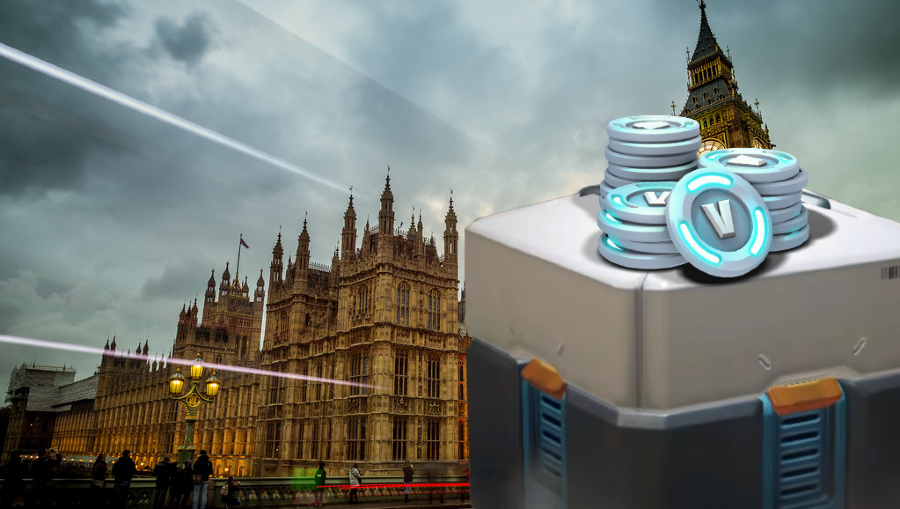Campaigners have requested that the government update their policy on gambling systems in video games.
Loot boxes, or as the publisher Electronic Arts calls them, ‘Surprise Mechanics’, have been a controversial topic in the gaming community since the release of Valve’s smash-hit Team Fortress 2 in 2010, and have become increasingly prominent across the medium.
A form of micro-transaction, these mechanics require customers to pay real money for a chance to access better weapons, upgrades and other such add-ons for use in online play.
The questionable practices were brought up in conversation when MPs argued that the extra purchases should be regulated under gambling law and children should be restricted from being able to access them.
For years, players have been calling for a change in the industry in regards to loot boxes and micro-transactions, as they feel that these mechanics have become overwhelming, as well as replacing practise and genuine competition with a superficial ‘pay-to-win’ style.
This hailing from government is just a culmination of almost a decade of complaints from the community.
A report released by the Department for Digital, Culture, Media and Sport urges the government to crack down on these gaming features which MPs have called “lucrative games of chance”.
Adam Bradford, director of the Safer Online Gambling Group welcomed the news in which he said: “It is high time video games companies took responsibility for the highly addictive content they are putting in front of children”.

He added: “Our research this summer showed that this area is of serious concern to parents, with the average spend per young person estimated at £500-600 per year on these games”.
Research from the GambleAware charity revealed that 55,000 children in the UK are addicted to gambling, and a survey conducted in August 2019 by the Safer Online Gambling Group suggests that loot boxes and other in game micro-transactions are costing Britain over £270m per year.
The report challenges the government to provide substantial proof on why gaming publishers and development studios regard micro-transactions and loot boxes as a different system to more traditional gambling products.
In regards to this, committee chair Damian Collins took a stand against game companies and social networking sites for their “relentless battle to capture ever more of people’s attention, time and money”.
He added: “Buying a loot box is playing a game of chance and it is high time the gambling laws caught up.”
Collins’ statement is arguably justified by the debate surrounding 2K Games’ continued use of ‘Ultimate Team’ card packs and the all-new ‘Jackpot’ slot machine system in the new NBA 2K20 basketball game.
The report goes on to say that it “struggled to get clear answers and useful information from companies across the games industry”, describing them as “wilfully obtuse”, but ends by hoping that the inquiry will “focus minds on the potential harms” of gambling in modern gaming.
Seeing MPs question the relationship between major gaming companies and their fan-bases, most importantly younger consumers, could have a considerable impact the use of micro-transactions across the board, a change many players feel is necessary for the future of the gaming industry.
By Joe Smalley

